Satellite imagery shows extent of destruction in Bakhmut as fighting intensifies
The UK defence ministry said Russian forces have made progress in the key industrial city
Your support helps us to tell the story
From reproductive rights to climate change to Big Tech, The Independent is on the ground when the story is developing. Whether it's investigating the financials of Elon Musk's pro-Trump PAC or producing our latest documentary, 'The A Word', which shines a light on the American women fighting for reproductive rights, we know how important it is to parse out the facts from the messaging.
At such a critical moment in US history, we need reporters on the ground. Your donation allows us to keep sending journalists to speak to both sides of the story.
The Independent is trusted by Americans across the entire political spectrum. And unlike many other quality news outlets, we choose not to lock Americans out of our reporting and analysis with paywalls. We believe quality journalism should be available to everyone, paid for by those who can afford it.
Your support makes all the difference.New satellite images show the extent of damage in the Ukrainian city of Bakhmut as fighting intensifies in the key industrial region.
The Kremlin has launched a fierce assault on the city as the war passed its one-year mark.
Russian forces have made progress in the front-line hotspot of Bakhmut, a key target of Moscow's monthslong campaign in eastern Ukraine that has resulted in staggering casualties, but their assault will be difficult to sustain without further harsh losses, UK military officials said in an assessment Saturday.
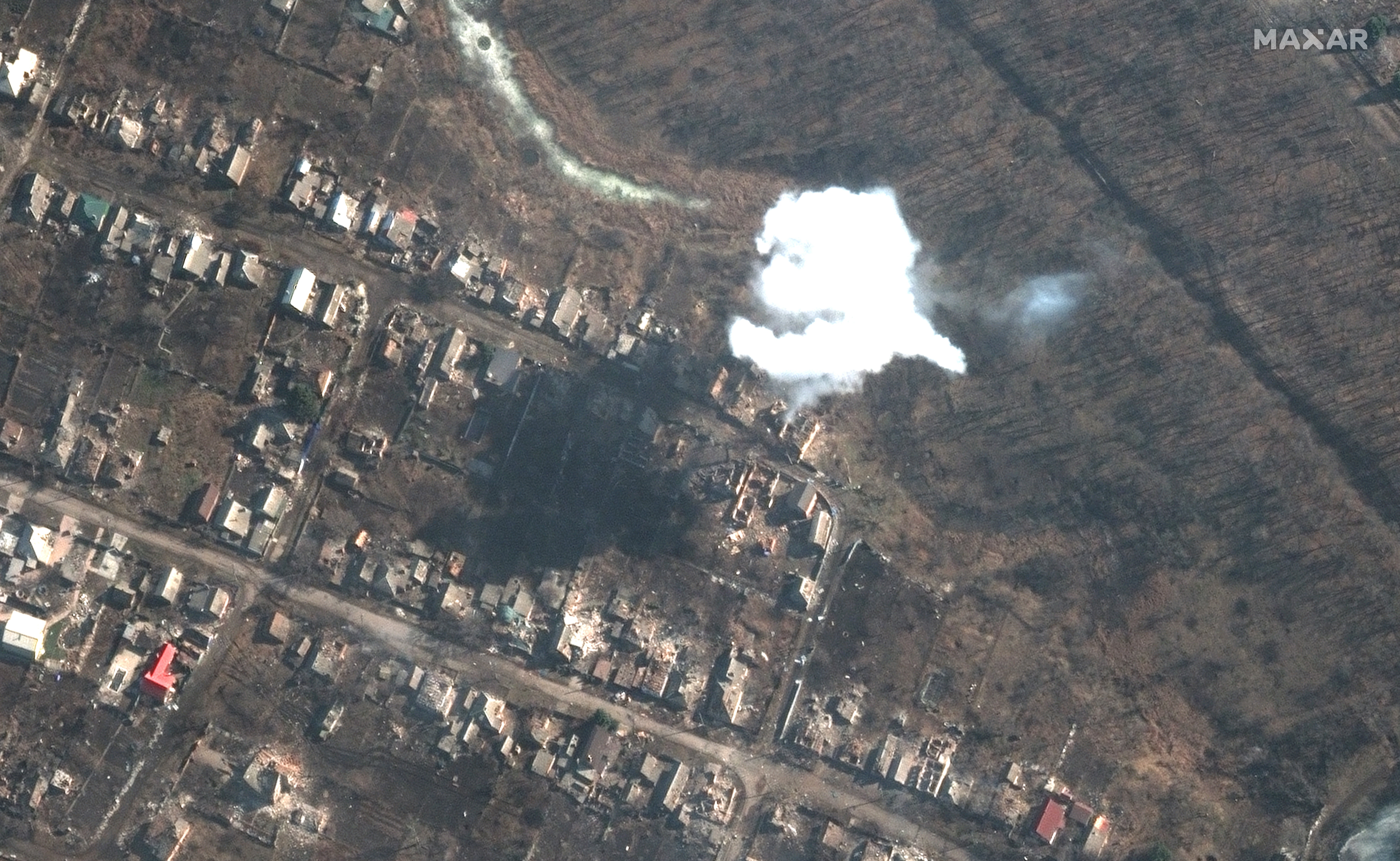
The UK defence ministry said in its latest Twitter updates that units from the Kremlin-controlled paramilitary Wagner Group have captured most of eastern Bakhmut, with a river flowing through the city center now marking the front line.
Images from Maxar Technologies show smoke billowing in parts of the battered city, while whole bridges are destroyed across rivers in the region.
The UK’s update on the fighting added that it will be “highly challenging” for Wagner forces to push ahead, as Ukraine has destroyed key bridges over the river, while Ukrainian sniper fire from fortified buildings further west has made the thin strip of open ground in the center “a killing zone.”
At the same time, Ukrainian troops and supply lines in the mining city remain vulnerable to “continued Russian attempts to outflank the defenders from the north and south,” as Russian forces try to close in on them in a pincer movement, the ministry said.
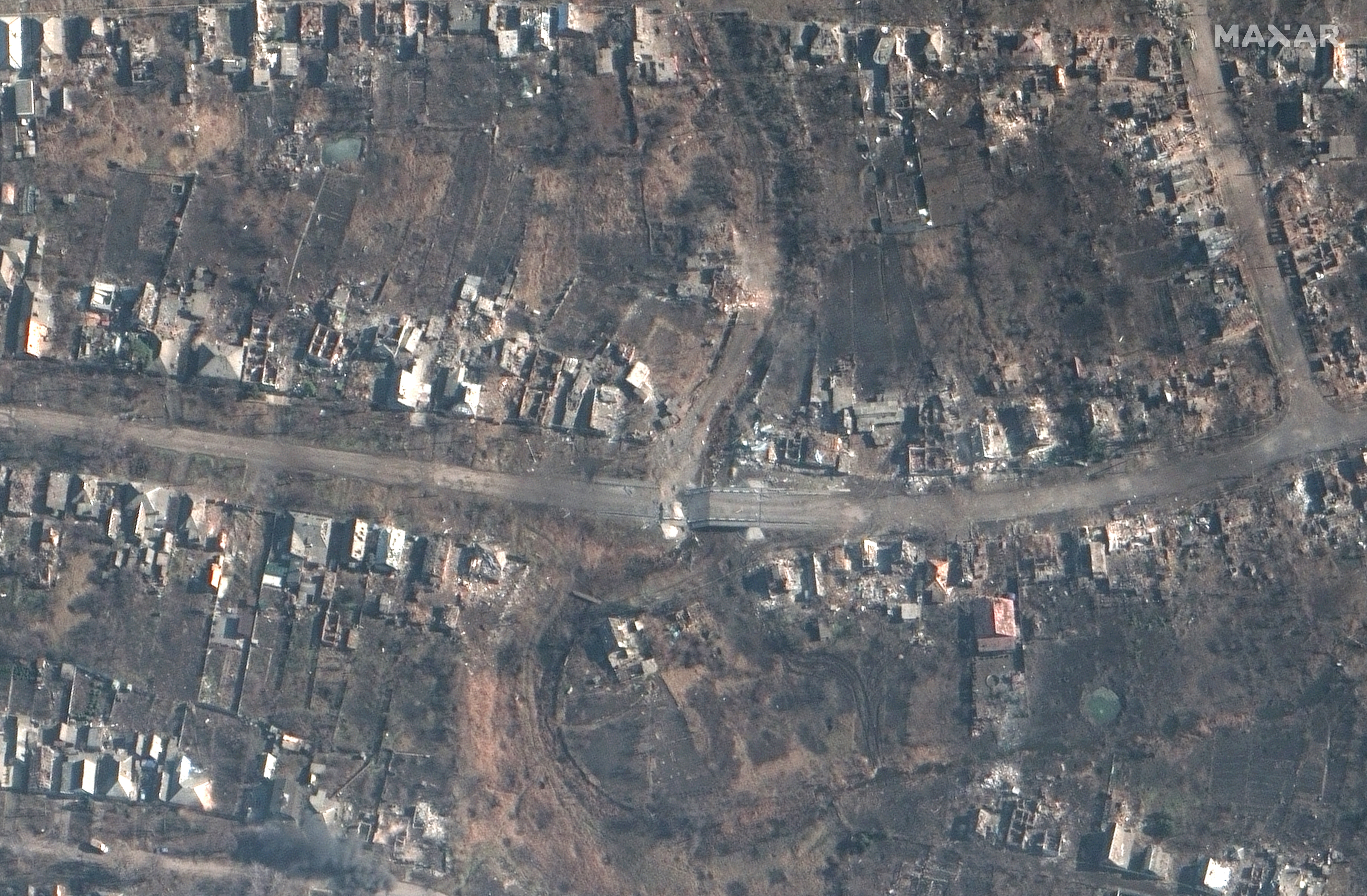
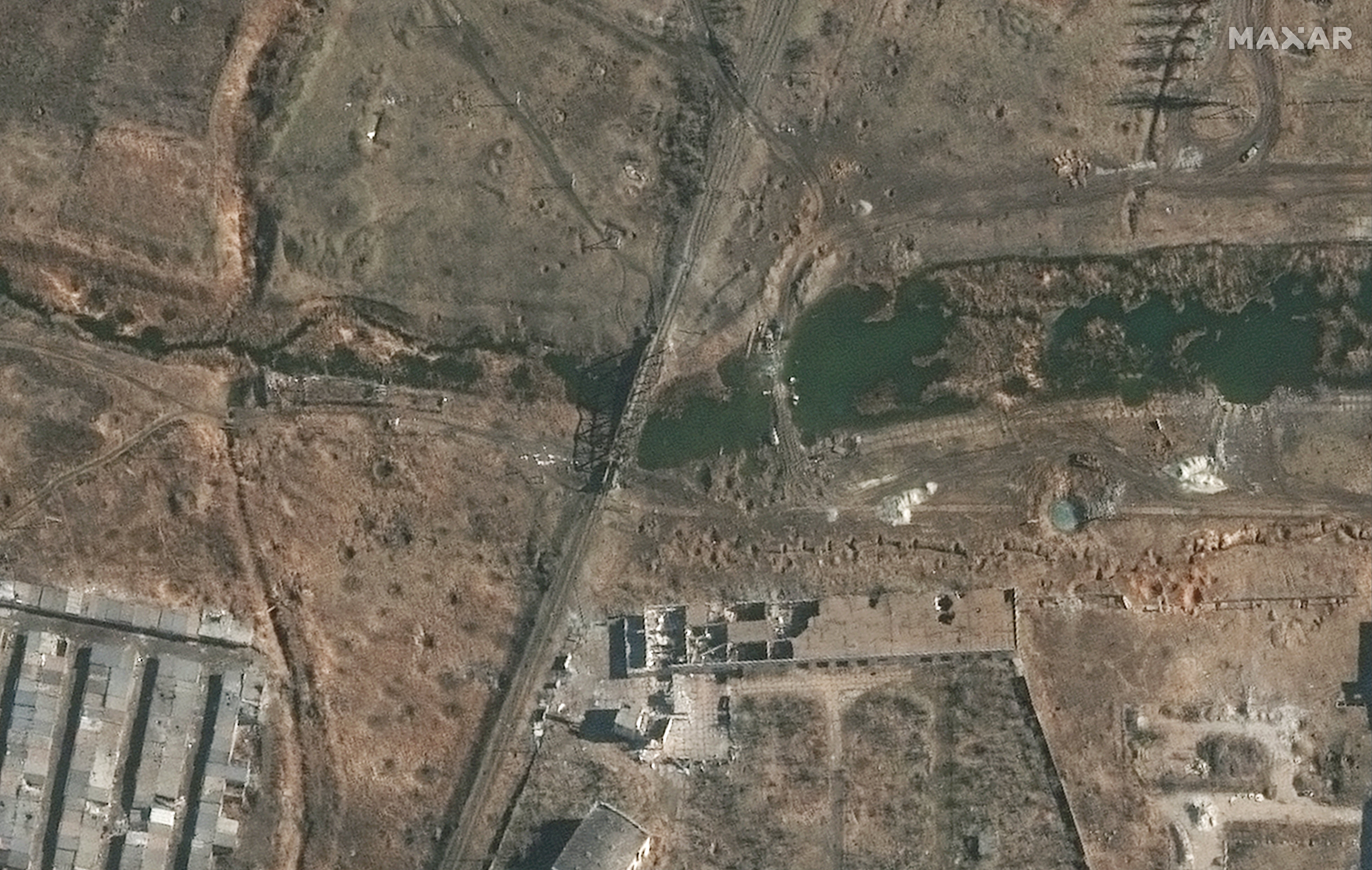
Meanwhile, Russian military bloggers and other pro-Kremlin Telegram accounts on Friday claimed that Russian forces have entered a metal processing plant in northwestern Bakhmut. A Washington-based think tank late on Friday also referenced geolocated footage showing Russian forces within 800 meters of the AZOM plant, a heavily built-up and fortified complex.
The Institute for the Study of War assessed that Moscow's apparent focus on capturing the plant, rather than opting for a “wider encirclement of western Bakhmut” by attempting to take nearby villages, is likely to bring a further wave of Russian casualties.
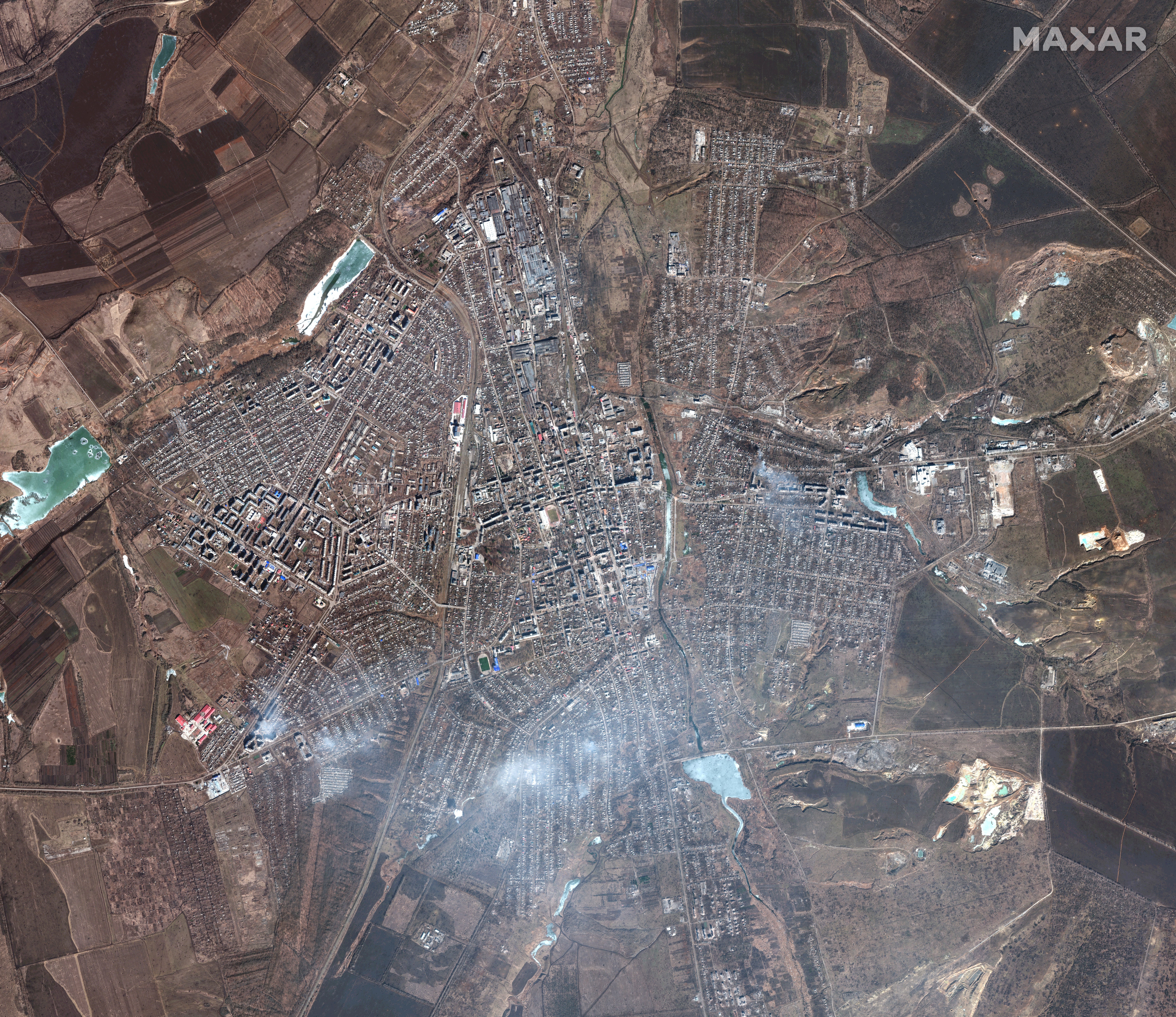
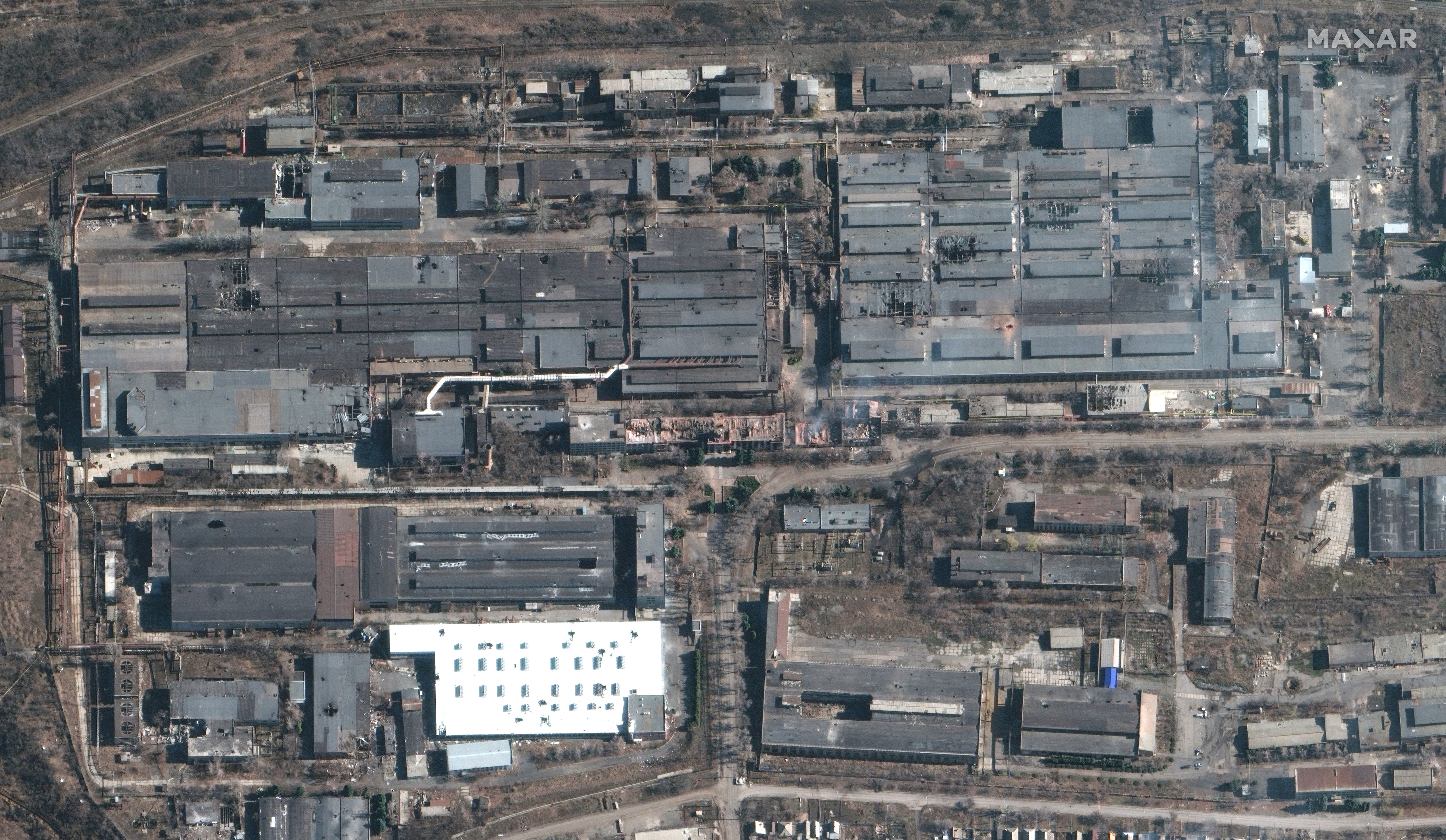
Ukraine's ground forces on Saturday signaled their intention to hold the city, reporting on Facebook that their top officer continues to oversee “the most important sectors of the front” and “take the necessary measures” to deny Moscow a long-awaited battlefield victory.
Colonel general Oleksandr Syrskyi has made several visits to the Bakhmut and other eastern front line hotspots over the past month.
Across Ukraine, repair work continued Saturday following a massive Russian missile and drone strike two days earlier that killed six people and left hundreds of thousands without heat or electricity.
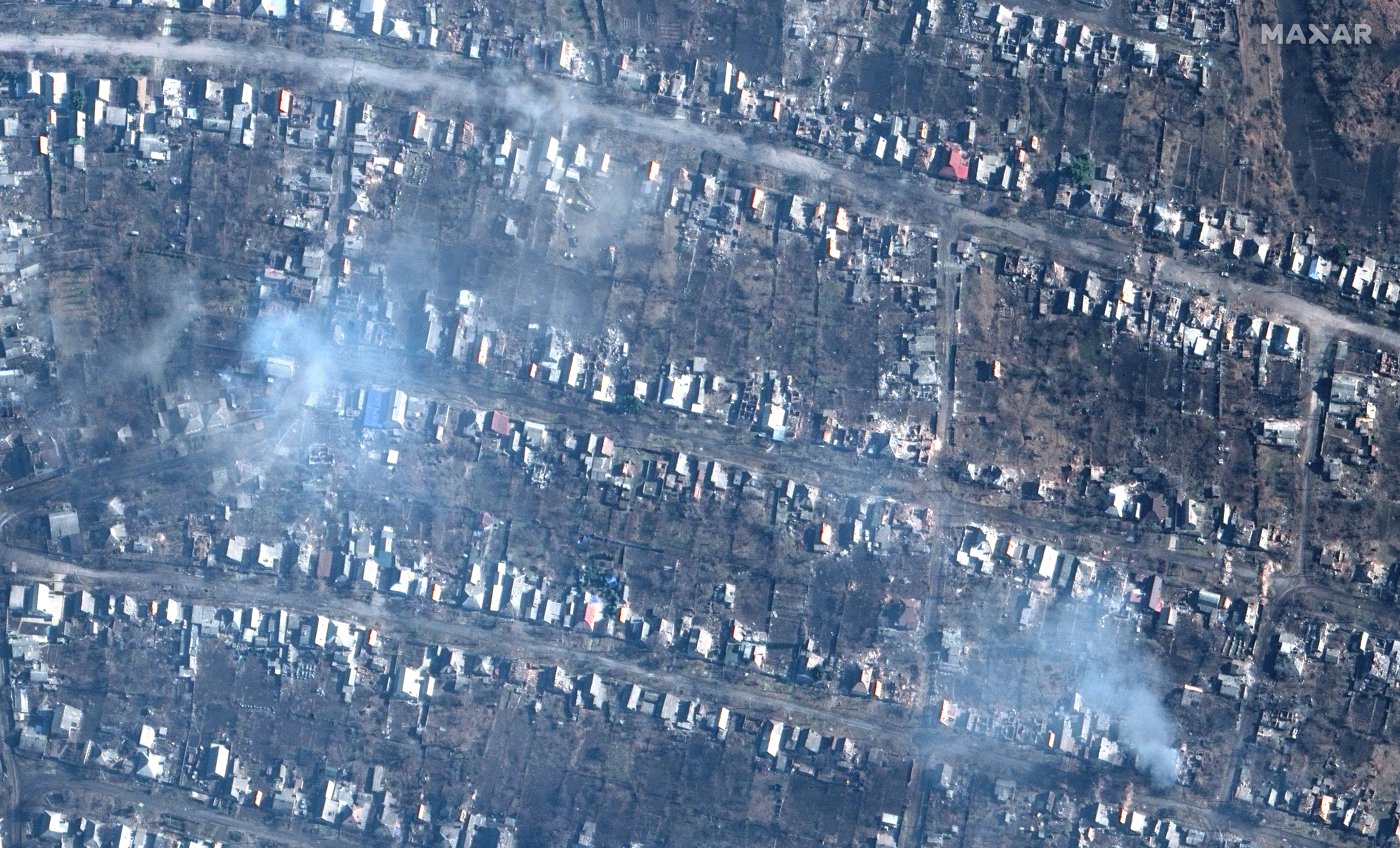
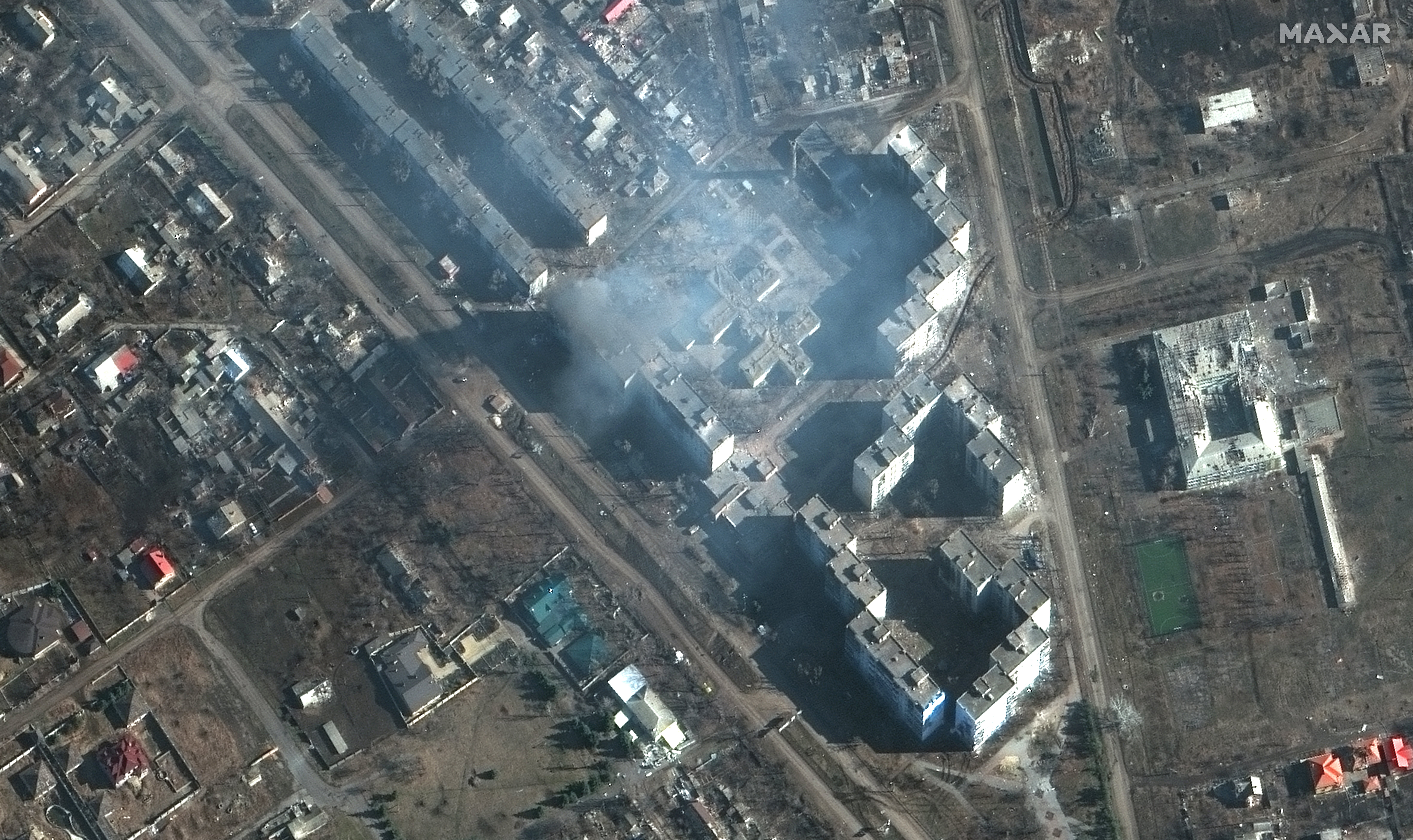
Ukraine's state grid operator said that power supply issues persisted across four regions following the barrage, which saw 80 Russian missiles and a smaller number of exploding drones hit residential buildings and critical infrastructure across the country.
In a Facebook post, Ukrenergo said that scheduled blackouts remain in operation in the Kharkiv and Zhytomyr regions in Ukraine's northwest and northeast, respectively, as well as parts of the Dnipropetrovsk and Mykolaiv provinces in the southeast. The company added that the situation in Zhytomyr was especially challenging, with some consumers still knocked off the grid.




Join our commenting forum
Join thought-provoking conversations, follow other Independent readers and see their replies
Comments